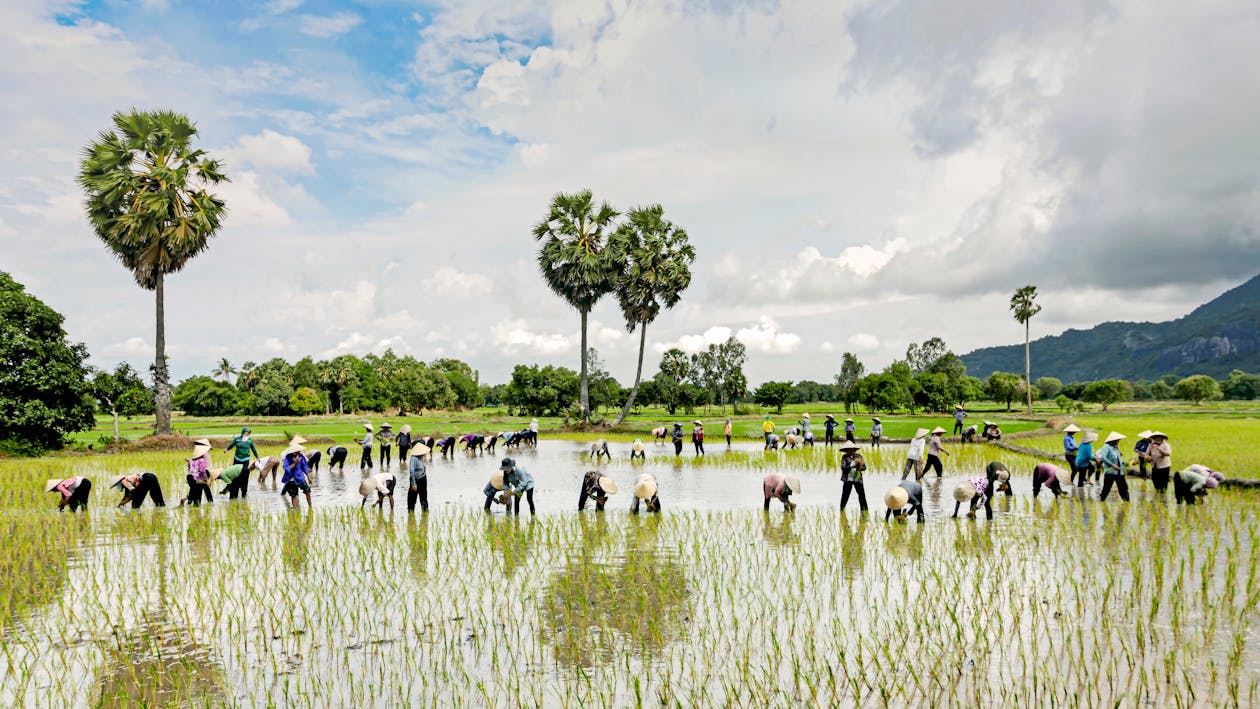By Anna Lexxy Mbucho
Water management and public health are inextricably intertwined, with competent water management essential to ensuring public health. The availability of good sanitation and clean water is critical for improving quality of life through supporting general health and illness prevention. Water is vital in any society since it is required for the existence of both animals and human beings. SDG objective 6, emphasizes that access to safe water, sanitation, and hygiene is the most fundamental human right for health and well-being.
According to the United Nations, billions of people would be without access to clean water and sanitation services by 2030 unless development is quadrupled. Water demand is increasing due to increased water needs from agricultural, industrial, and energy sectors, fast population expansion, and urbanization. The demand for water has exceeded population growth, and half of the world’s population is already experiencing acute water scarcity on a monthly or annual basis. Climate change is expected to raise global temperatures, increasing water scarcity.
Diseases like typhoid, cholera and dysentery are directly linked to contaminated water sources. Effective water management practices that ensure the provision of clean drinking water significantly reduce the incidence of these diseases. Parasites and bacteria present in untreated water can lead to severe health problems. Access to clean water helps in alleviating these risks and promotes better health outcomes. Access to water, sanitation and hygiene is a human right.
Clean water is essential for food preparation and irrigation in many nations. This is because contaminated water used in agriculture can introduce harmful pathogens into the food supply, posing a risk to public health. Ensuring that there is clean water for cooking and washing food, contributes to improved nutritional standards and overall health.
Access to clean water is fundamental for maintaining hygiene. Handwashing with clean water is one of the most effective ways to prevent the spread of infectious diseases, including COVID-19. Back when the pandemic hit, it was one of the most emphasized practices to prevent its spread. Schools, healthcare facilities, and households benefit immensely from reliable access to clean water, fostering healthier communities.
Lack of proper sanitation facilities leads to open defecation, which contaminates water sources and spreads diseases. Building adequate sanitation infrastructure is essential for preventing this practice and safeguarding water quality. Proper sanitation systems, including sewage treatment plants, prevent the contamination of natural water bodies with human waste. This is crucial for maintaining and ensuring safe water for consumption and recreational purposes. Effective waste management practices also mitigate the risks of environmental pollution, which has direct and indirect effects on public health.
Access to clean and private sanitation facilities, especially for women and girls, is crucial for maintaining dignity and safety. This is particularly important in schools and public places, where inadequate sanitation can discourage attendance and participation. Ensuring safe sanitation facilities contributes to the overall well-being and empowerment of communities.
Collaboration between non-governmental organizations, private sectors, governments, and communities is vital as these partnerships can mobilize resources, share knowledge, and implement comprehensive water management strategies. The link between water management and public health is critical.

